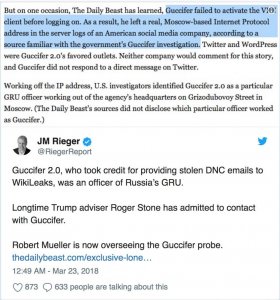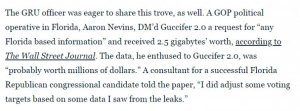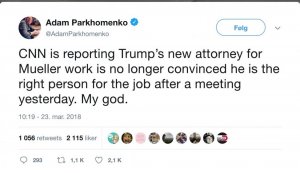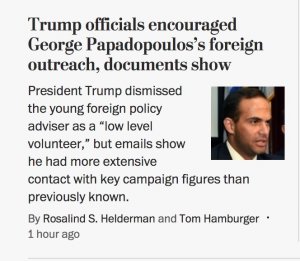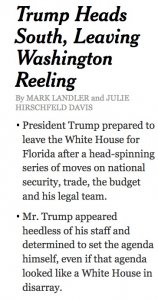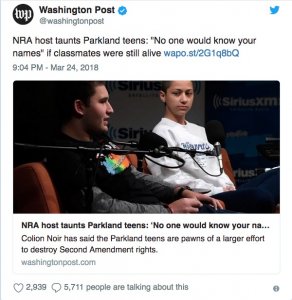The recent series of staff changes in the Trump administration, including the tapping on Thursday of John Bolton to replace H.R. McMaster as national security adviser, may be best understood through the lens of loyalty, not policy. President Trump seems to be hiring people who will be loyal to him — and getting rid of those who won’t.
The people Trump has recently selected (and those rumored to be on the way) have been more likely to publicly praise the president’s actions, particularly on Fox News. Bolton, for instance, has often spoken favorably about the president in his position as a Fox analyst. And several of the new appointees have a strong reason to stay loyal to Trump: Many, like Bolton, would almost certainly not get these high-level posts if a more conventional Republican were president. (Bolton served as the U.S. Ambassador to the United Nations under President George W. Bush, but was never a serious candidate for a top job like national security adviser, defense secretary or secretary of state.)
Alignment with Trump’s policy vision, in contrast, doesn’t seem to matter that much to the president. Bolton, for example, was one of the leading advocates in the Bush administration for going to war with Iraq, a decision Trump has said was a “big fat mistake.” Bolton also floated the idea of pre-emptive strikes on North Korea even as Trump has said he plans to sit down with the country’s leader, Kim Jong Un.
If the president wanted to implement his foreign policy vision in the fastest and most efficient way, he could have picked people who agree with him on major issues. But instead of shaking up the staff to bring in more policy agreement, Trump’s goal seems to be the appearance of more agreement: Trump is getting rid of people who have disagreed publicly with him — or whose private disagreements, such as those of McMaster, have reached reporters at outlets like The New York Times. And he’s replacing them with people, whatever their policy views, who have been more willing to toe the administration line.

